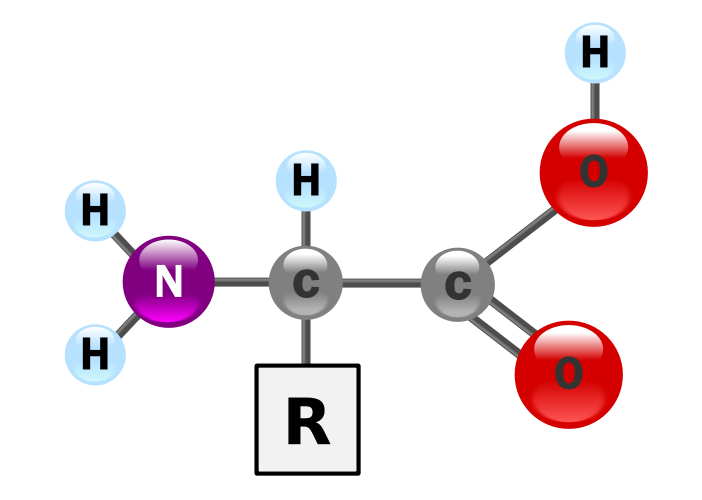The Science of Nutrition
CrossFitters are a smart bunch that ask questions and really seek to understand. This is most evident in the gym as athletes ask how they can deadlift more, run faster, or get a better Fran time. But what about nutrition? Most athletes follow the paleo diet and understand the basic prescription. Other options are the primal approach or zone/paleo. In order to understand how to best optimize your nutrition we will start at the beginning and consider the basic chemistry of the food we are using to fuel our bodies.
CrossFitters are a smart bunch that ask questions and really seek to understand. This is most evident in the gym as athletes ask how they can deadlift more, run faster, or get a better Fran time. But what about nutrition? Most athletes follow the paleo diet and understand the basic prescription. Other options are the primal approach or zone/paleo. In order to understand how to best optimize your nutrition we will start at the beginning and consider the basic chemistry of the food we are using to fuel our bodies.
Macronutrients
What are macronutrients? According to wikipedia a macronutrient is "the class of chemical compounds humans consume in the largest quantities and which provide bulk energy are carbohydrates, proteins, and fats". For our purposes we are going to limit our consideration to carbohydrates, proteins and fats. We will leave our discussion of micronutrients to a different day.
Carbohydrates are compounds made up of types of sugars. Carbohydrates are classified by their number of sugar units: monosaccharides (such as glucose and fructose), disaccharides (such as sucrose and lactose), oligosaccharides, and polysaccharides (such as starch, glycogen, and cellulose).
 |
| Amino acids are the building blocks of protein. |
Fats consist of a glycerin molecule with three fatty acids attached. Fatty acids are unbranched hydrocarbon chains, connected by single bonds alone (saturated fatty acids) or by both double and single bonds (unsaturated fatty acids). Fats are needed to keep cell membranes functioning properly, to insulate body organs against shock, to keep body temperature stable, and to maintain healthy skin and hair. The body does not manufacture certain fatty acids (termed essential fatty acids) and the diet must supply these.
Whew! Did you keep up with all that. Pretty interesting huh? Keep up the great work!


No comments:
Post a Comment